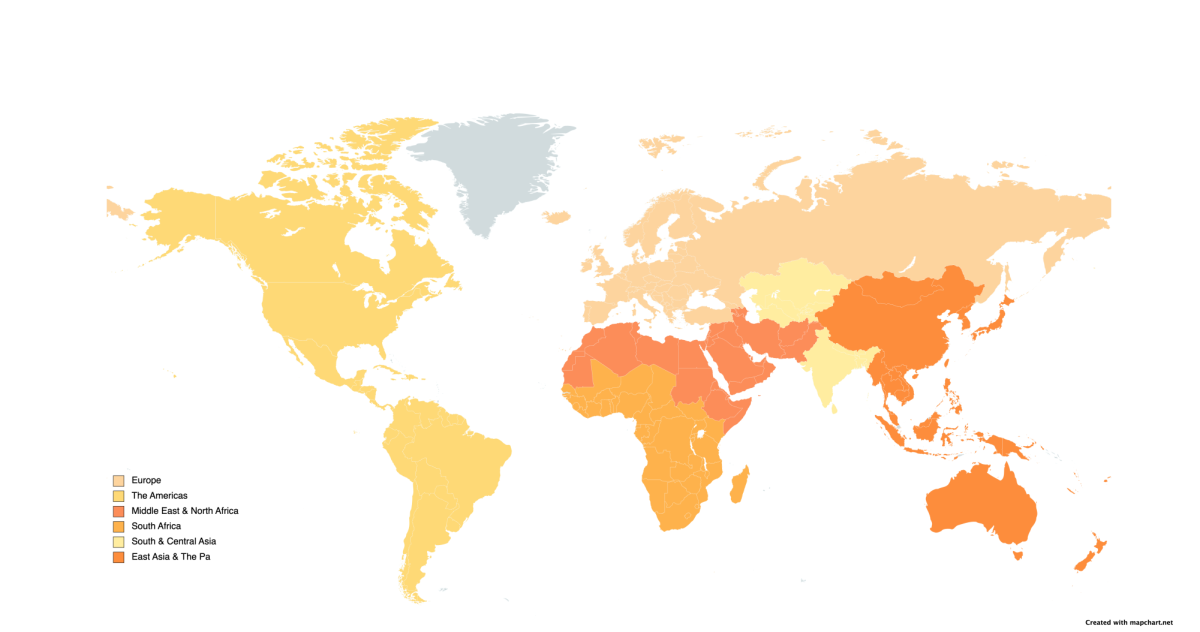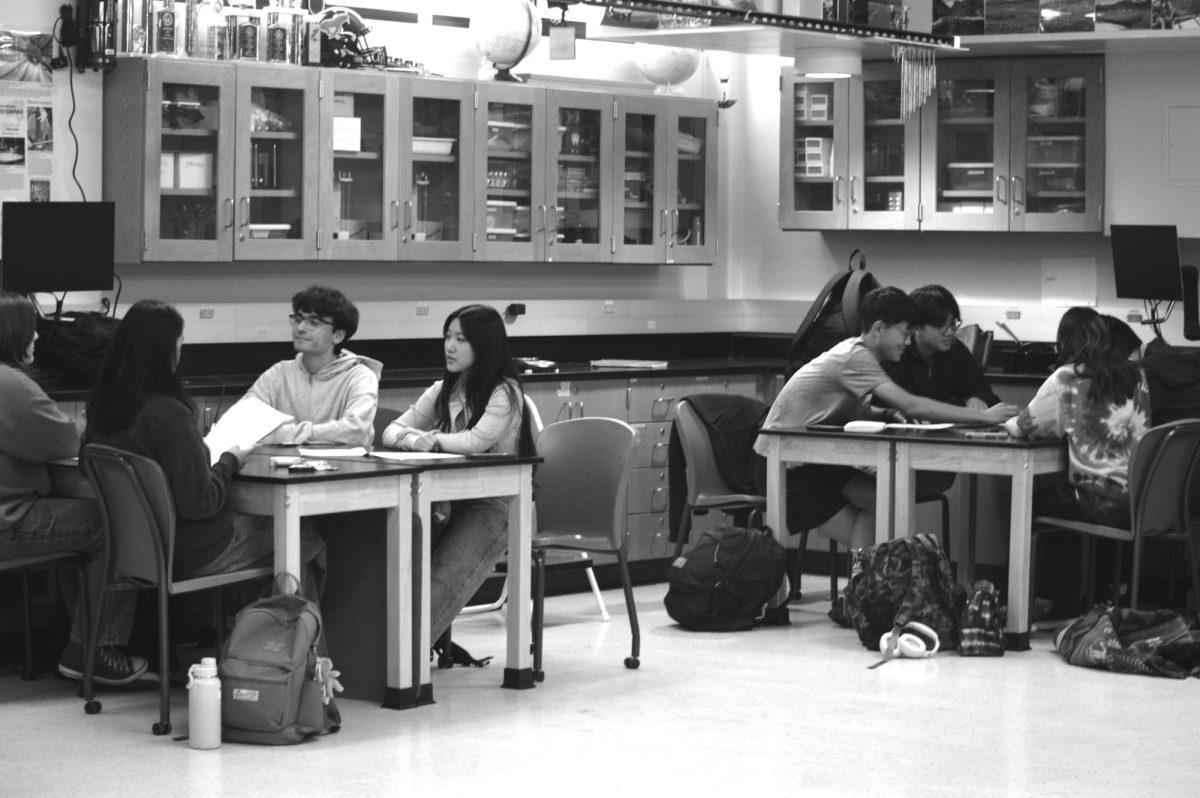Did you know that the United States isn’t the only country in this world? And did you know that the world is growing more interconnected than ever? Believe it or not, globalization is becoming a reality— what happens in Vegas no longer stays in Vegas. As emerging global citizens, it’s beneficial to be informed on all fronts.
Here are six pieces of news from different regions of the world. Two things before you read: first, there are many ways to categorize regions, the six regions below are categorized according to the Council on Foreign Relations. Second, these are very shallow coverage. If you do want to read more, I suggest this website: www.cfr.org/inbriefs— it provides free and in-depth information for student readers.
AMERICAS

Biden Talks with Latin American Countries on Development
According to Reuters, The United States is making a new move to compete with China for global dominance. On Nov. 3, U.S. President Joe Biden welcomed leaders from Latin America to kick off the Americas Partnership for Economic Prosperity (APEP) Leaders’ Summit to talk about new investments.
Biden hopes to boost American investment in Latin America. The investment will go into clean energy, semiconductor, and medical supplies sectors to bolster the region’s economic ability and help it better integrate into the global supply chain.
These investments will help the United States compete with China’s growing influence in the region. China has been investing in the area to build up the 5G network and other technology.
EUROPE
 Russia Quit a Nuclear Treaty
Russia Quit a Nuclear Treaty
New York Times reported on Nov. 2, Russia’s latest move regarding nuclear weapons continues to concern the U.S. and other nations. On Nov. 2, Russian President Vladimir V. Putin signed a law to revoke ratification of the Comprehensive Nuclear-Test-Ban Treaty (CTBT), which pulled Russia out of the treaty. The treaty bans all nuclear explosions, whether for military or peaceful purposes.
Putin said his action mirrors the United States’ approach to the treaty (although the U.S. signed the treaty, it was never ratified). This leaves only one major treaty on nuclear proliferation (developing nuclear weapons) between Russia and the U.S.: the New START treaty (Treaty between The United States of America and the Russian Federation on Measures for the Further Reduction and Limitation of Strategic Offensive Arms).
The new law is aligned with a series of actions by Putin to remove limits on developing nuclear weapons, which has the goal of deterring further Ukraine retaliation.
MIDDLE EAST & NORTH AFRICA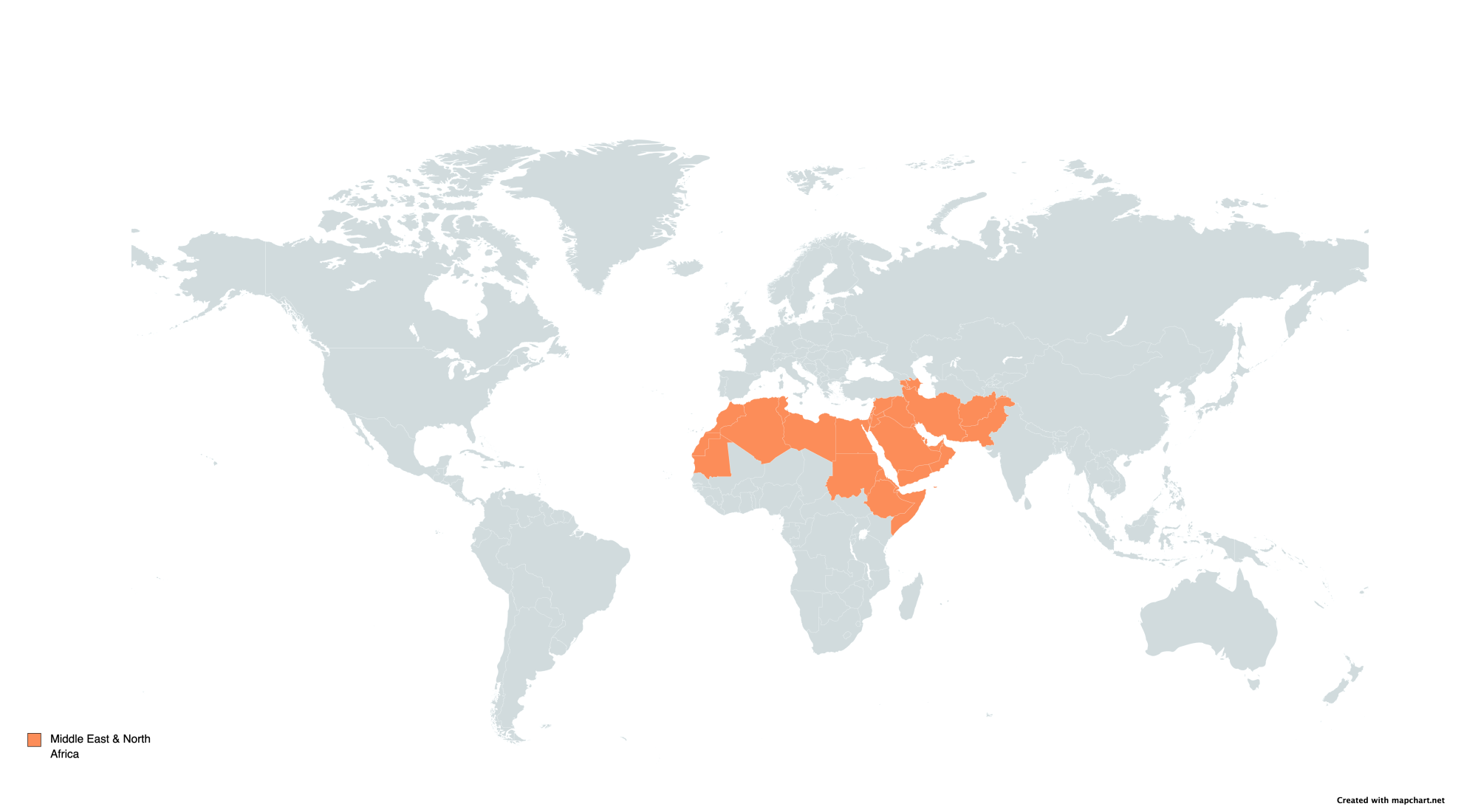
Iranian Nobel Prize Winner Goes on Hunger Strike
On Nov. 6, Time reported that Iranian activist Narges Mohammadi’s family reported she’s going on a hunger strike, aiming to protest the delayed treatment of her sick inmates and the mandatory hijab rule for women. Mohammadi is in need of urgent medical treatment but is denied to leave the prison because of her refusal to wear a hijab.
Mohammadi was awarded the Nobel Peace Prize in 2023, and she wrote to the New York Times that she hopes this recognition will make the movement for women’s rights in Iran more organized. Women in Iran face daily oppression and restriction. The ones protesting this restriction face the danger of arrest and brutality from morality polices.
Facing the recent waves of protest, the Iranian government has tightened its enforcement on hijab rules. They use “morality police” to arrest and punish the women who don’t wear hijab in public.
SUB-SAHARAN AFRICA
Rwanda Announced Visa-Free Travel for Africans
Africans can now travel visa-free to Rwanda, according to AP news. On Nov. 2, Rwanda President Paul Kagame announced in the capital Kigali that all Africans are able to travel visa-free to the country. This made Rwanda the fourth country to remove visa restrictions on traveling, with the other three being Gambia, Benin, and Seychelles.
Easing travel restrictions is modeled after the Schengen Zone in Europe, and African leaders believe it will allow people and businesses to travel more freely, therefore reaching the full potential of the African continent.
The Rwandan government hopes this move will allow more tourism and bolster the economy. In the long run, President Kagame hopes Africa will become the new destination for global tourism.
SOUTH & CENTRAL ASIA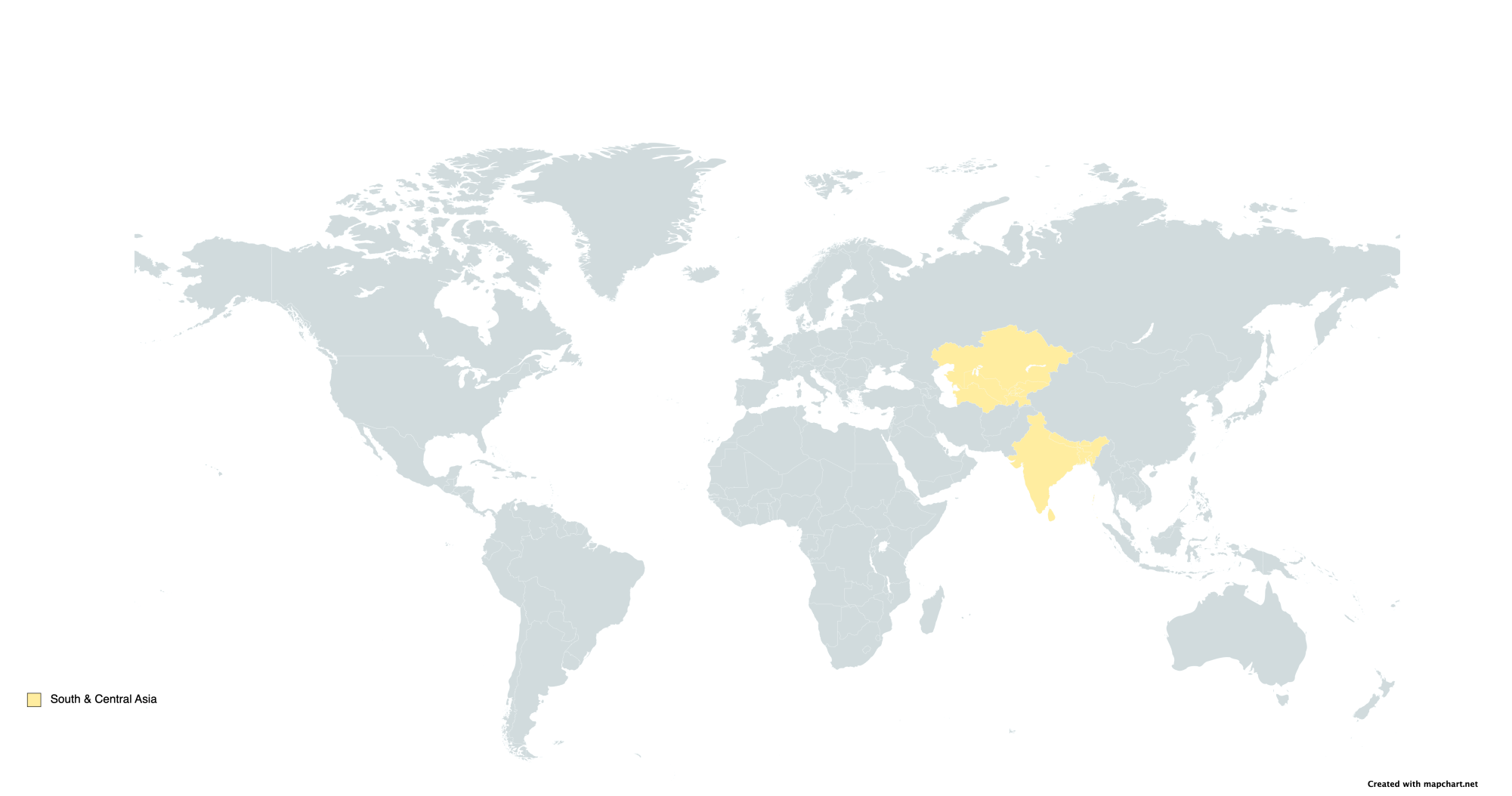
Pakistan Orders Deportation of Afghan Refugees
Washington Post reported the Pakistani government gave orders for undocumented foreign nationals to leave the country no later than Nov. 1, or else they will face deportation or arrest. The undocumented population consists mostly of Afghan refugees, but also China’s Uyghurs and Myanmar’s Rohingya, which will also be impacted by this order. This new order will displace roughly 1.7 million Afghan refugees.
The Pakistani government cites national security as the reason for this order— they claim 14 out of the 24 major violence that happened this year were carried out by Afghan refugees.
Many of the refugees lived in Pakistan for decades because of the chaos in their home country, while some refugees arrived after the Soviet invasion. They have no connection to or experience living in Afghanistan.
Western media condemns Pakistan’s action, warning of a new humanitarian crisis in Afghanistan. They believe the majority of the Afghan refugees have no relation to terrorist attacks, and it is unjust to push the whole population for a few militant groups.
EAST ASIA & THE PACIFIC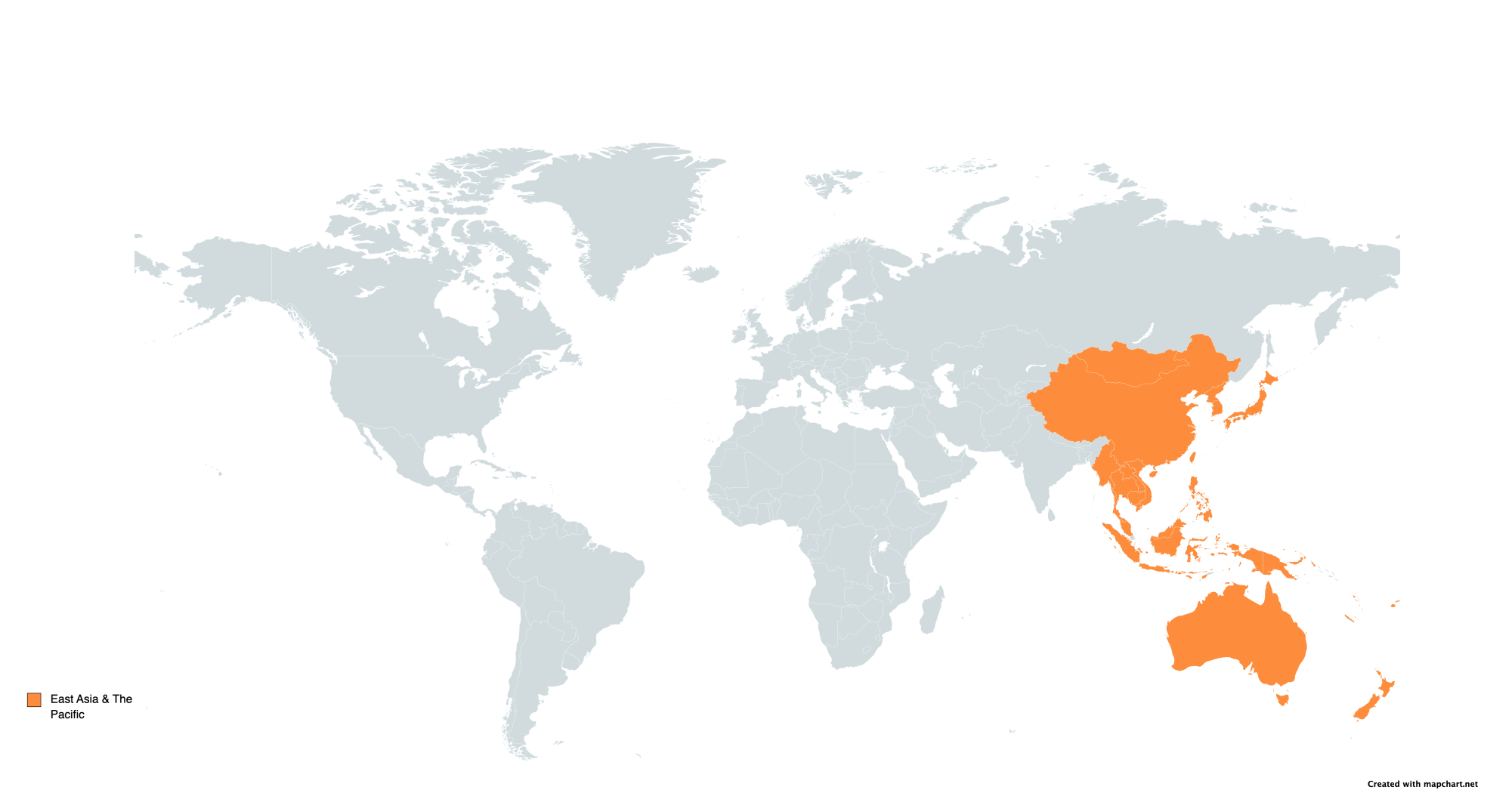
China Sets New Minerals Export Requirement
According to the South China Morning Post, the Chinese government now requires minerals companies to report transaction details to strategically analyze their foreign rivals’ economies. On Nov. 7, the Chinese government required the exporters need to provide real-time information on the country of origin, the quantity, date of contract, date of shipment and arrival, and the location of the arrival port.
The China Chamber of Commerce of Metals will analyze this information and send it to the commerce ministry, but the government promises this information will not be open to the public.
China has been a main exporter of rare earth, accounting for nearly 70% of global mine production of rare Earth metals. Rare Earth metals are used in defense sectors, as well as the production of new energy vehicles.
Despite the U.S.’s effort to use domestic mines and imports from allied countries such as Australia, China continues to supply the need for rare Earth metals. It’s possible China will control rare Earth exports as a retaliation against the U.S. trade war.

